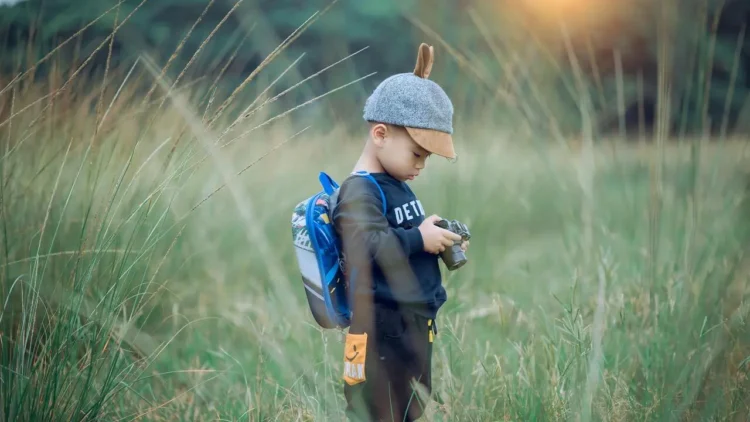Child protection is an important aspect of any society, as it ensures the safety, well-being, and holistic development of children. In India, the NCPCR stands at the forefront of this mission, striving to safeguard children’s rights and address issues affecting their lives. This article delves into the role, initiatives, and impact of NCPCR in promoting child protection in India.
Understanding Of the Child Protection Act

Read also: GST Evolution: Tracing the Remarkable Journey from Concept to Implementation.
The NCPCR was established in March 2007 under the Act for Protection of Child Rights (CPCR) Act, 2005. It operates under the aegis of the Ministry of Women and Child Development, Government of India. The primary mandate of NCPCR is to ensure the laws, policies, programs, and administrative mechanisms are in consonance with child rights as enriched in the Constitution and the United Nations Convention on the Rights of the Child (UNCRC).
Core Functions of NCPCR
- Monitoring Child Rights Violations: NCPCR closely monitors the implementation of laws related to child protection. It addresses complaints regarding violations of child rights and takes cognizance of serious issues affecting children.
- Policy Advocacy: The commission plays a pivotal role in advising the government on the formulation and implementation of policies and programs aimed at child protection. It ensures that these initiatives are aligned with the best interests of children.
- Research and Documentation: NCPCR conducts comprehensive research on various aspects of child rights and protection. It documents its findings and provides recommendations to stakeholders to improve the existing child protection framework.
- Capacity Building: The commission organizes training programs and workshops for stakeholders, including law enforcement agencies, educators, healthcare providers, and child welfare organizations. These initiatives aim to enhance their understanding and capabilities in addressing child protection issues.
- Public Awareness: NCPCR undertakes various campaigns to raise public awareness about child rights and the importance of child protection. It engages with communities, schools, and media to spread its message effectively.
Key Initiatives and Programs
- POCSO e-Box: To combat the rising cases of child sexual abuse, NCPCR launched the POCSO e-Box, an online complaint management system. It provides a simple and confidential platform for children to report incidents of sexual abuse.
- Child Helpline (1098): NCPCR supports and promotes the Childline 1098 service, a 24/7 helpline for children in distress. This service ensures immediate assistance and intervention for children facing abuse, exploitation, or any other crisis.
- Education and Nutrition: The commission advocates for the Right to Education (RTE) and monitors the implementation of the Mid-Day Meal Scheme. It ensures that children have access to quality education and nutrition, which are fundamental to their overall development.
- Combating Child Labor: NCPCR works tirelessly to eliminate child labour. It collaborates with various government and non-governmental organizations to rescue and rehabilitate children engaged in labour and ensure their reintegration into the education system.
- Child-Friendly Villages: In an effort to create safe and supportive environments for children in rural areas, NCPCR promotes the concept of child-friendly villages. These villages prioritize the well-being of children and ensure their participation in community decision-making processes.
Impact of NCPCR
The efforts of NCPCR have led to significant improvements in the child protection landscape in India. By advocating for stringent laws and policies, enhancing the capacity of stakeholders, and raising public awareness, the commission has contributed to creating a safer and more nurturing environment for children. Its initiatives have empowered children, given them a voice, and ensured that their rights are respected and upheld.
Challenges and the Way Forward
Despite its commendable work, NCPCR faces several challenges in its mission to ensure child protection. These include limited resources, bureaucratic hurdles, and the need for greater coordination among various stakeholders. To overcome these challenges, it is essential to strengthen the commission’s capacity, enhance inter-agency collaboration, and foster a culture of child rights at all levels of society.
Child protection is not just a legal but a moral imperative. The National Commission for Protection (NCPCR) plays a crucial role in safeguarding the well-being of children in India. Through its dedicated efforts, the commission is building a future where every child can grow up in a safe, supportive, and nurturing environment. By continuing to support and strengthen the work of NCPCR, we can ensure that the promise of child protection becomes a reality for every child in India.
To get more out of our exclusive news, Join us on our WhatsApp Channel, Facebook, and Instagram.















